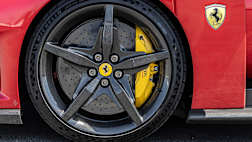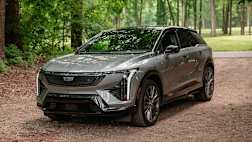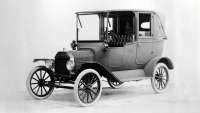The fastest-charging electric car using AC (alternating current) charging is currently a tie between the Porsche Taycan, Audi e-Tron and Audi e-Tron GT. The fastest-charging EV using DC (direct current) charging is a tie between the Hyundai Ioniq 5 and Kia EV6.
EV charging and its associated technology, much like daytime soap opera plotlines, is something that seems too complicated to get your head around, but even quick, cursory digging into the topic reveals that it’s way easier to understand than you may have realised.
The first thing you need to understand before we get into battery size and AC/DC (the electricity, not the rock band), is how that there are three different types of charging.
Level 1 charging can be done via a domestic wall socket or a ‘slow’ public charger using AC electricity, which can be done at rate between 2.4 and 7.2kW. Depending on the EV involved, this can add anywhere between 10-50km of driving range per hour.
Level 2 charging also uses AC electricity, but the charge rate is upped to between 11 and 22kW, meaning you’ll have less time to wait around while the EV charges. These are typically public chargers that you find in places like council car parks and shopping centres.
A DC fast charger is, you guessed it, the fastest EV charger, and the charge rate typically starts at 50kW, although it can be as low as 25kW and as high as 350kW, although this is rare (as are EVs that can handle such a rate, as it requires 800-volt battery architecture).
Below are the top 10 fastest charging EVs (from near empty to near full) using both AC and DC charging, with the caveat that several factors - ambient and battery temperature and age of the battery, for example - can have an effect on overall charging time.
Top 10 pure EVs by claimed AC charging speed
AC charging speed is determined by an EV's AC to DC inverter, as the high-voltage battery can ultimately only accept DC. This part carries a cost, so generally the more expensive the electric car, the higher chance that it will have a fast AC charger. Some cars on this list, like the Porsche Taycan and Audi e-tron only offer the maxiumum AC charge speed of 22kW as part of an option pack.
A faster AC charging speed means more convenient charging at locations like shopping centres and council car parks, as well as the ability to make the most of home power wall or home battery installations.
1. Porsche Taycan

Price: $153,600, plus on-road costs
Battery capacity: 93.4kWh
Max AC charge speed: 22kW
Claimed time to full charge: 4.5 hours
Plug standard: Type 2 CCS
2. Audi e-Tron GT
.jpg)
Price: $181,700, plus on-road costs
Battery capacity: 93kWh
Max AC charge speed: 22kW
Claimed time to full charge: 4.5 hours
Plug standard: Type 2 CCS
Find more at our e-Tron GT hub.
3. Audi e-Tron
.jpg)
Price: $139,900, plus on-road costs
Battery capacity: 95kWh
Max AC charge speed: 22kW
Claimed time to full charge: 4.5 hours
Plug standard: Type 2 CCS
4. Tesla Model S
.png)
Price: $147,990, plus on-road costs
Battery capacity: 100kWh
Max AC charge speed: 16kW
Claimed time to full charge: variant dependant
Plug standard: Type 2 CCS
5. Tesla Model X

Price: $165,990, plus on-road costs
Battery capacity: 100kWh
Max AC charge speed: 16kW
Claimed time to full charge: variant dependant
Plug standard: Type 2 CCS
6. Mini Cooper SE
.jpg)
Price: $55,650, plus on-road costs
Battery capacity: 32.6kWh
Max AC charge speed: 11kW
Claimed time to full charge: 3.5 hours
Plug standard: Type 2 CCS
7. Mercedes-Benz EQA
.jpg)
Price: $96,900, plus on-road costs
Battery capacity: 66.5kWh
Max AC charge speed: 11kW
Claimed time to full charge: 4.1 hours
Plug standard: Type 2 CCS
8. Hyundai Ioniq 5

Price: $71,900, plus on-road costs
Battery capacity: 72.6kWh
Max AC charge speed: 11kW
Claimed time to full charge: 6 hours
Plug standard: Type 2 CCS
9. Kia EV6

Price: $67,990, plus on-road costs
Battery capacity: 77.4kWh
Max AC charge speed: 11kW
Claimed time to full charge: 6 hours
Plug standard: Type 2 CCS
10. Volvo XC40 Recharge Pure EV
.jpg)
Price: $76,990, plus on-road costs
Battery capacity: 78kWh
Max AC charge speed: 11kW
Claimed time to full charge: variant dependant
Plug standard: Type 2 CCS
Top 10 pure EVs by claimed DC charging speed
DC charging is generally determined by an EV's battery voltage and its ability to cool down its battery system. The fastest-charging EVs (350kW) use an 800-volt battery architecture, but most EVs today have more mainstrem 400-volt architectures. Generally more expensive EVs will have sophisticated cooling systems allowing them to optimise and reduce charging times at fast-charging locations.
Faster DC charging means less time spent stopped on longer intercity road-trips where most fast-charging will be done, with the fastest charging EVs on DC allowing an 80 per cent charge in under 25 minutes.
As DC charging can be thermodynamically taxing on battery systems, generally the charge rate slows down when batteries are below 10 per cent, or above 80 per cent in order to maintain long-term battery health. The variable charge rate is automatically manged by the car's computer.
Two cars here, the Mini Cooper SE and Mazda MX-30 technically have 'slow' DC charging rates of 50kW, but with small battery packs they are still amongst the fastest to charge from 10 - 80 per cent on the market.
1. Hyundai Ioniq 5
.jpg)
Price: $71,900, plus on-road costs
Battery capacity: 72.6kWh
Max charge speed per hour: 350kW
Charge time: 18 minutes
Plug standard: Type 2 CCS
2. Kia EV6

Price: $67,990, plus on-road costs
Battery capacity: 77.4kWh
Max charge speed per hour: 350kW
Charge time: 18 minutes
Plug standard: Type 2 CCS
3. Porsche Taycan

Price: $153,600, plus on-road costs
Battery capacity: 93.4kWh
Max charge speed per hour: 270kW
Charge time: 22.5 minutes
Plug standard: Type 2 CCS
4. Audi e-Tron GT
.jpg)
Price: $181,700, plus on-road costs
Battery capacity: 93kWh
Max charge speed per hour: 270kW
Charge time: 23 minutes
Plug standard: Type 2 CCS
5. Audi e-Tron
.jpg)
Price: $139,900, plus on-road costs
Battery capacity: 95kWh
Max charge speed per hour: 150kW
Charge time: 30 minutes
Plug standard: Type 2 CCS
6. Tesla Model 3

Price: $63,900, plus on-road costs
Battery capacity: 82.8kWh
Max charge speed per hour: 250kW
Charge time: 30 minutes
Plug standard: Type 2 CCS
7. BMW i4
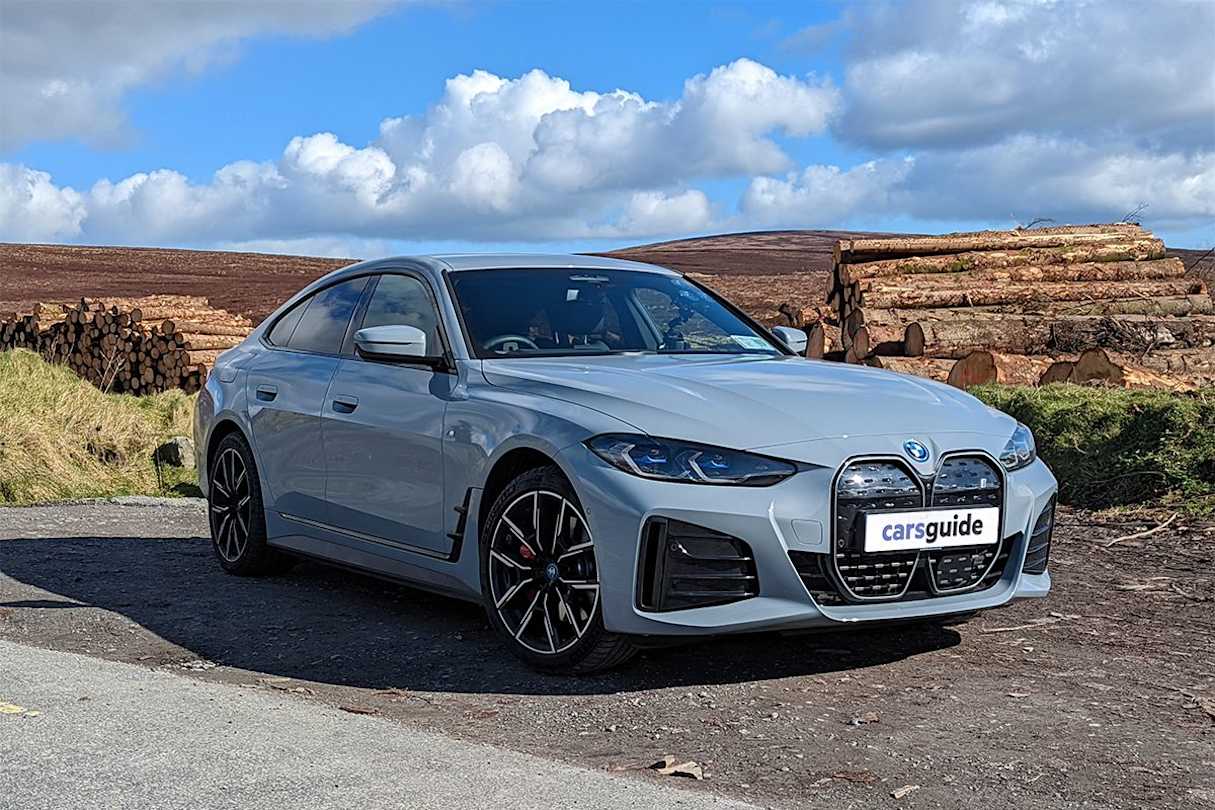
Price: $99,900, plus on-road costs
Battery capacity: 84kWh
Max charge speed per hour: 150kW
Charge time: 31 minutes
Plug standard: Type 2 CCS
8. BMW iX3

Price: $114,900, plus on-road costs
Battery capacity: 74kWh
Max charge speed per hour: 150kW
Charge time: 32 minutes
Plug standard: Type 2 CCS
9. Mazda MX-30
_0.jpg)
Price: $65490, plus on-road costs
Battery capacity: 35.5kWh
Max charge speed per hour: 50kW
Charge time: 36 minutes
Plug standard: Type 2 CCS
10. Mini Cooper SE

Price: $55,650, plus on-road costs
Battery capacity: 32.6kWh
Max charge speed per hour: 50kW
Charge time: 36 minutes
Plug standard: Type 2 CCS





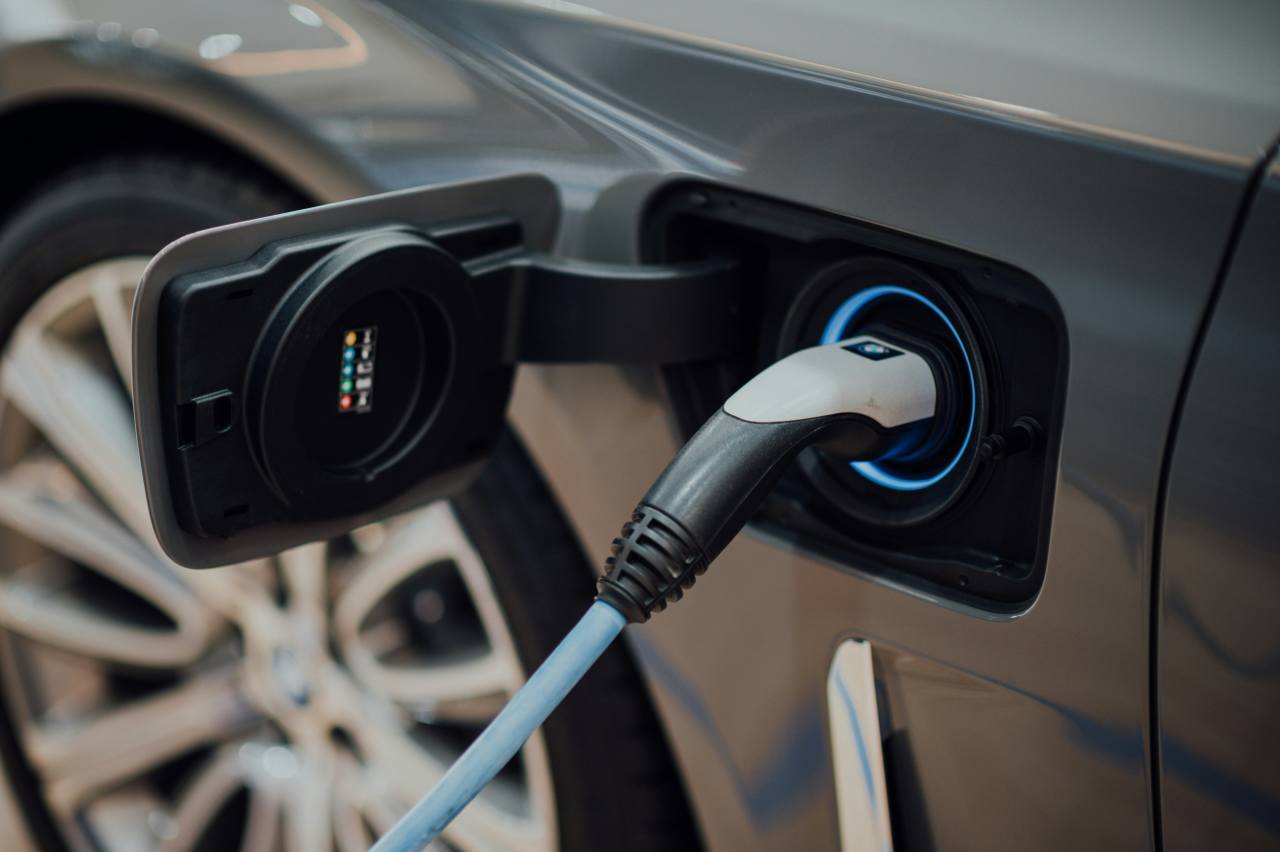
.jpg)
.jpg)


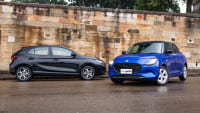
.jpg)
.jpg)



